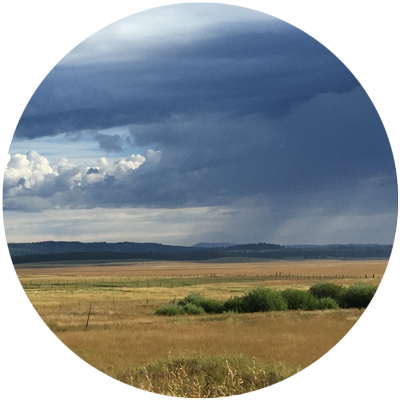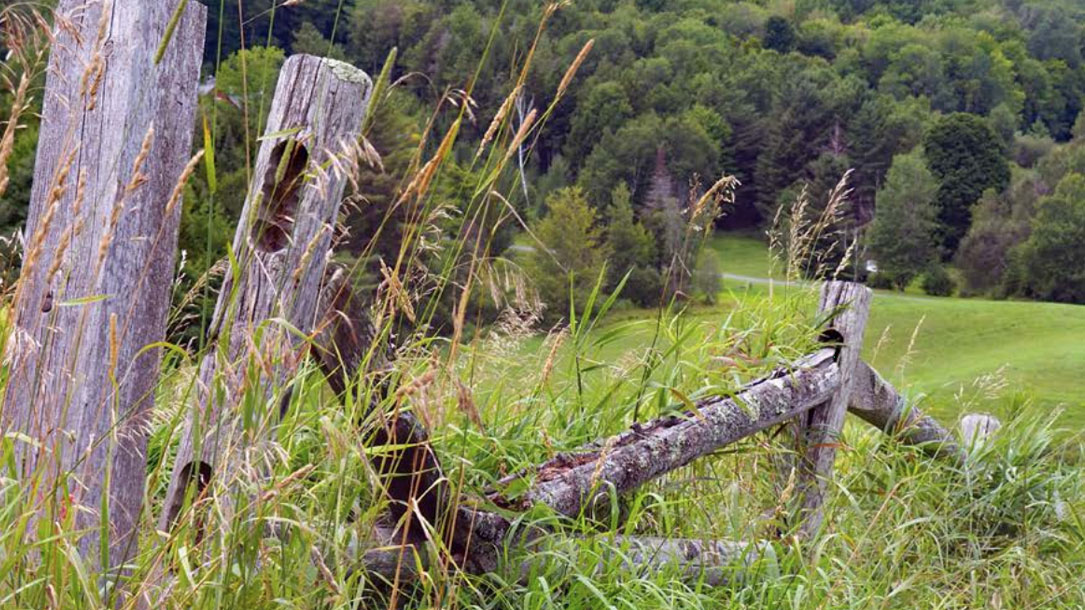
How to talk about climate change
The Land Trust Alliance and the Open Space Institute undertook a study to see how land trust supporters felt about their land trust talking about climate change. There was strong agreement that land trusts should, or could, talk about climate change.
That said, regardless of whether or not land trust supporters believe the data on climate change, I would suggest that it is a moral and ethical duty for your land trust to talk about climate change—and to provide ways people can slow it down.
The question is often, “How?” The report offers some suggestions on how to frame climate change as part of your communication and engagement strategy.
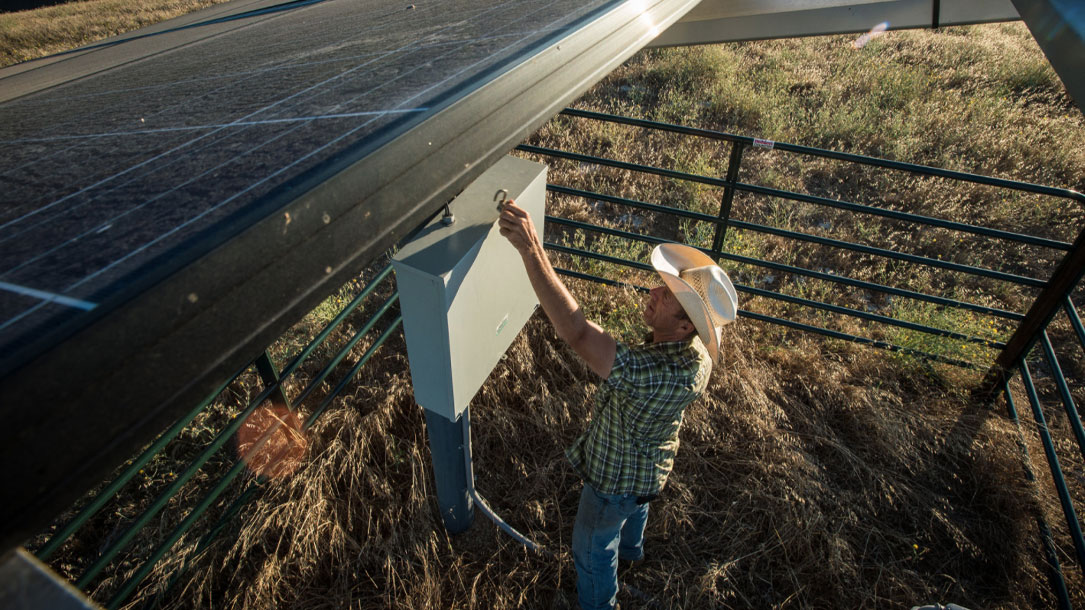
Three steps to better climate conversations and a communication strategy
Wondering how to communicate about climate change? Dr. Katharine Hayhoe, one of the world’s climate change leaders and scientists, provides tips on how to connect with people around climate change.
Remember that the vast majority of Americans want action on climate change. Many feel helpless about what to do.
Here are some tips on how to talk about climate change. They really are the same in any engagement strategy…

Do you have questions about divestment and socially responsible investment?
The Land Trust Alliance provides some thoughtful information on their climate change website about divestment and socially responsible investment. You may find it helpful when discussing whether this is a path your land trust wants to take as a moral, ethical, and financial statement.
As the financial world looks at the risks associated with fossil fuels, others are considering different investment strategies, as noted in this article earlier this year from Forbes.
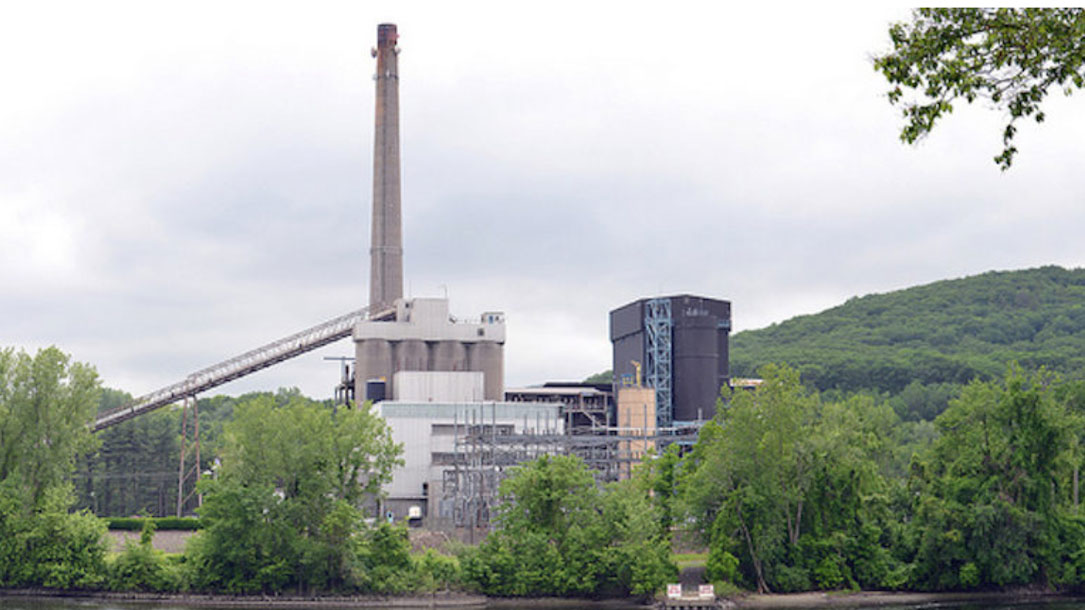
Example: Kestrel Land Trust takes action against climate change with fossil fuel divestment
Kestrel’s mission to conserve and care for forests, farms, and riverways in the Pioneer Valley protects the future health of our planet. They state that “the work we do is impacted by—and has an impact on—the crisis of climate change that is now defining our future. The overwhelming scientific consensus is that the burning of fossil fuels is warming our planet and threatening our global life support systems.
That’s why Kestrel’s Board of Trustees voted to eliminate equity holdings in companies owning fossil fuel reserves in all of the long-term endowment accounts that support their work…”
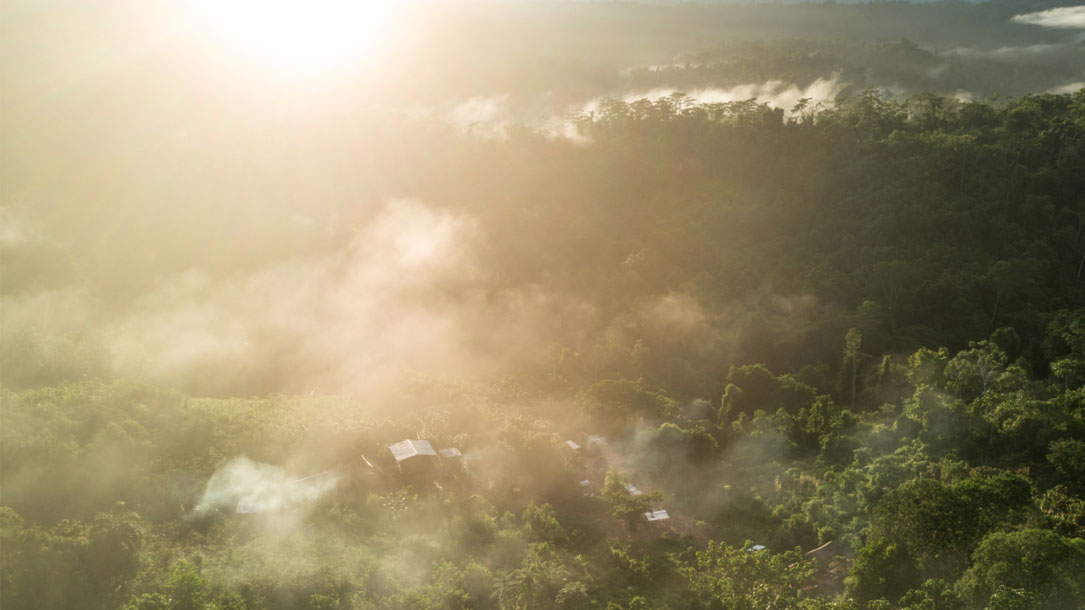
Concerning 2018 Global Warming Special Report
A new report by the International Governmental Panel on Climate Change reveals that if global temperature rise by 1.5°C, humans will face unprecedented climate-related risks and weather events.We are on track for a 3-4°C temperature rise.
It’s the final call; the most extensive warning thus far on the risks of rising global temperatures. If conservationists and land trusts are serious about conserving the living things in their communities they will need to rethink their relationship with renewables in a big way…

Neighborhood Sun to host free event at Eastern Shore Conservation Center
Increasingly, land trusts are finding ways to help their community connect the dots on why solar is related to their conservation work and how to sign up for local, often community, solar.
This past summer, the Eastern Shore Land Conservancy hosted a program with a local solar provider at their office. You can see their announcement here. Perhaps your local land trust could do this as well.
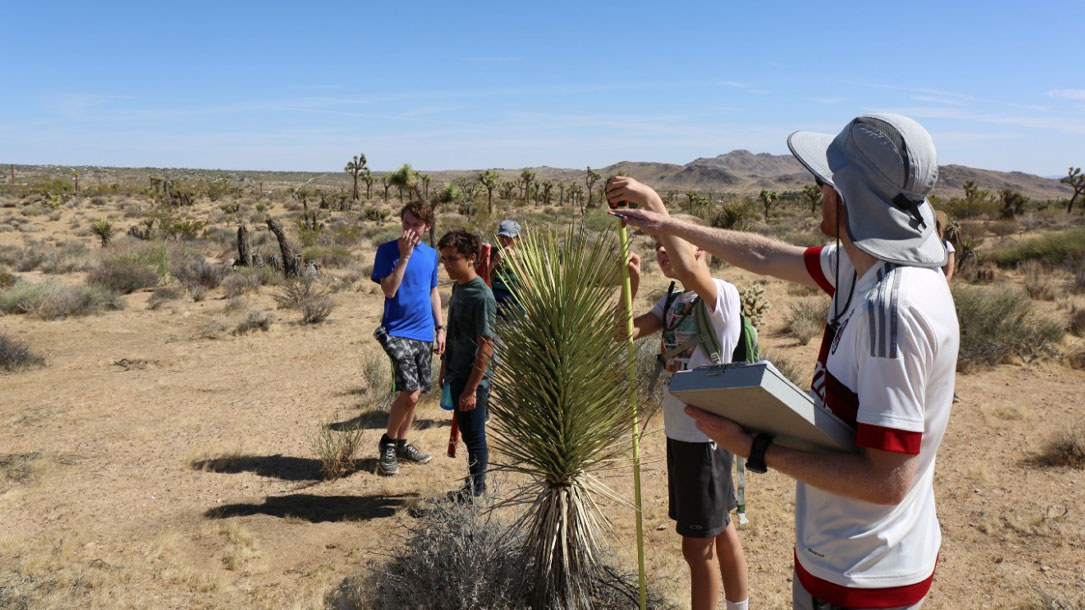
Students tracking climate change through the Joshua tree
The Joshua tree sweep is part of larger vegetation surveys looking at the entire plant community as well as the lizard population in each plot. They will return to each one over the coming years to track changes.
Dedicated crews of local volunteers act as citizen scientists, doing the monitoring once or twice a week. Some drive all the way from Los Angeles to take part. High school and college groups have been involved since 2016…

Climate change is here, and it’s becoming harder to farm successfully
Your average farmer may not want to hear about climate change (do any of us, really?) or global warming, but their livelihood puts farmers smack in the crosshairs of the weather, and many of them are already being affected.
Changes in the timing of rains, the frequency and intensity of droughts, floods, heat waves, intense winter blizzards, hurricanes, and tornadoes, as well as the spread of previously unfaced pests and diseases are now become daily and yearly challenges for farmers in many areas around the world.
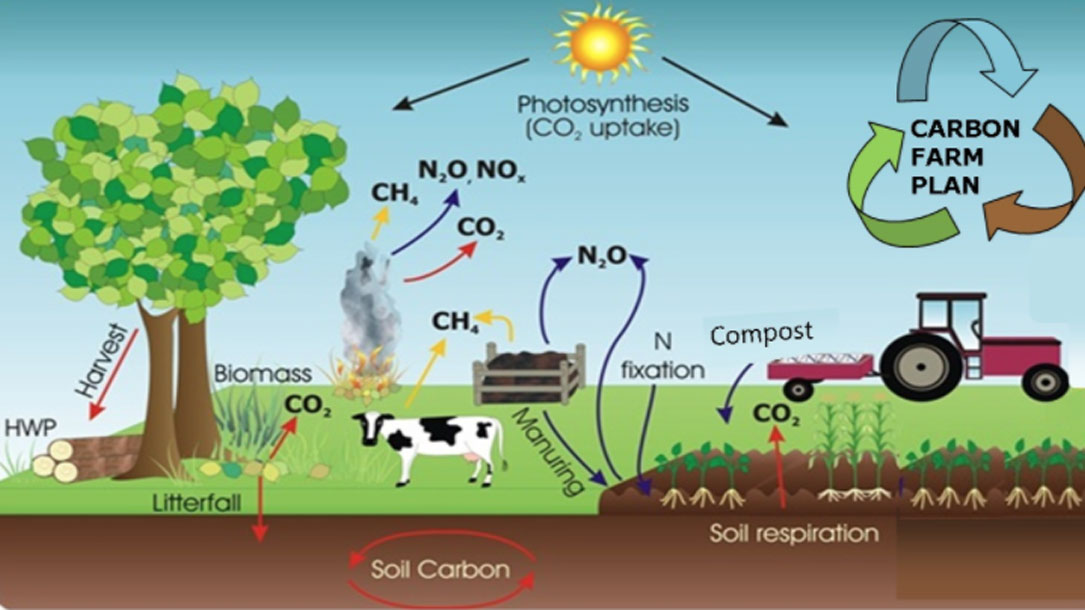
Carbon farming: good for farmers, ranchers, and climate
Marin Agricultural Land Trust is part of a community of scientists, ranchers, agencies and policymakers in and around Marin County, California that is working to develop and advance climate-friendly land use practices, known as carbon farming, that could help make food production part of the climate solution.
Carbon farming is a set of practices that reduce or reverse a farm or ranch’s greenhouse gas emissions. Ranchers and farmers can actually improve their land’s ability to remove carbon from the air—where it contributes to climate change—and instead store it in the soil, where it’s not only harmless but also beneficial to plants.
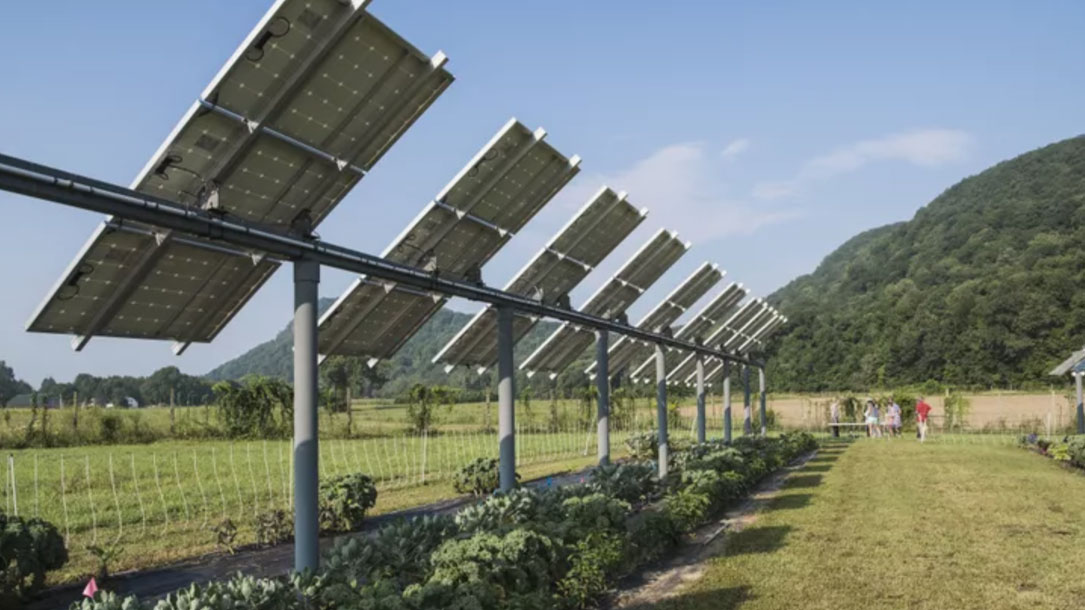
Solar for conservation
Gallatin Valley Land Trust is proud to have conserved over 45,000 acres across their region. While protecting land from development and fragmentation is the first step, protecting the ecological integrity of our natural resources is equally as important. This is why they’re proud to announce a partnership with On Site Energy.
What’s the connection between land conservation and solar energy?
Fish need cold, clean water to survive, and rivers need high altitude snow pack to keep them flowing through hot summers. Ranchers and farmers also depend on the availability of that water for irrigation, and wildlife depend on the intricate balance of the changing seasons to maintain viable habitats…



